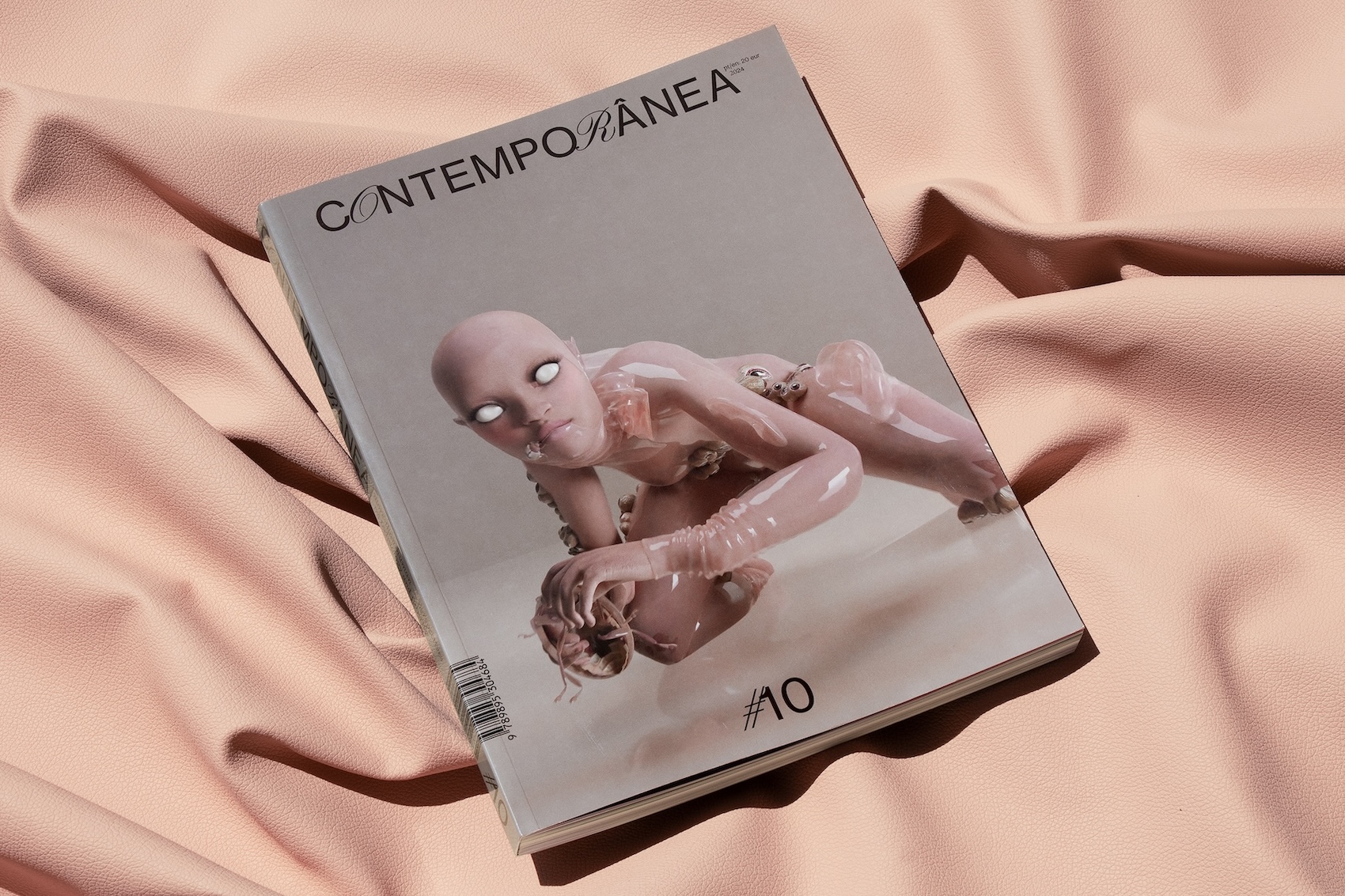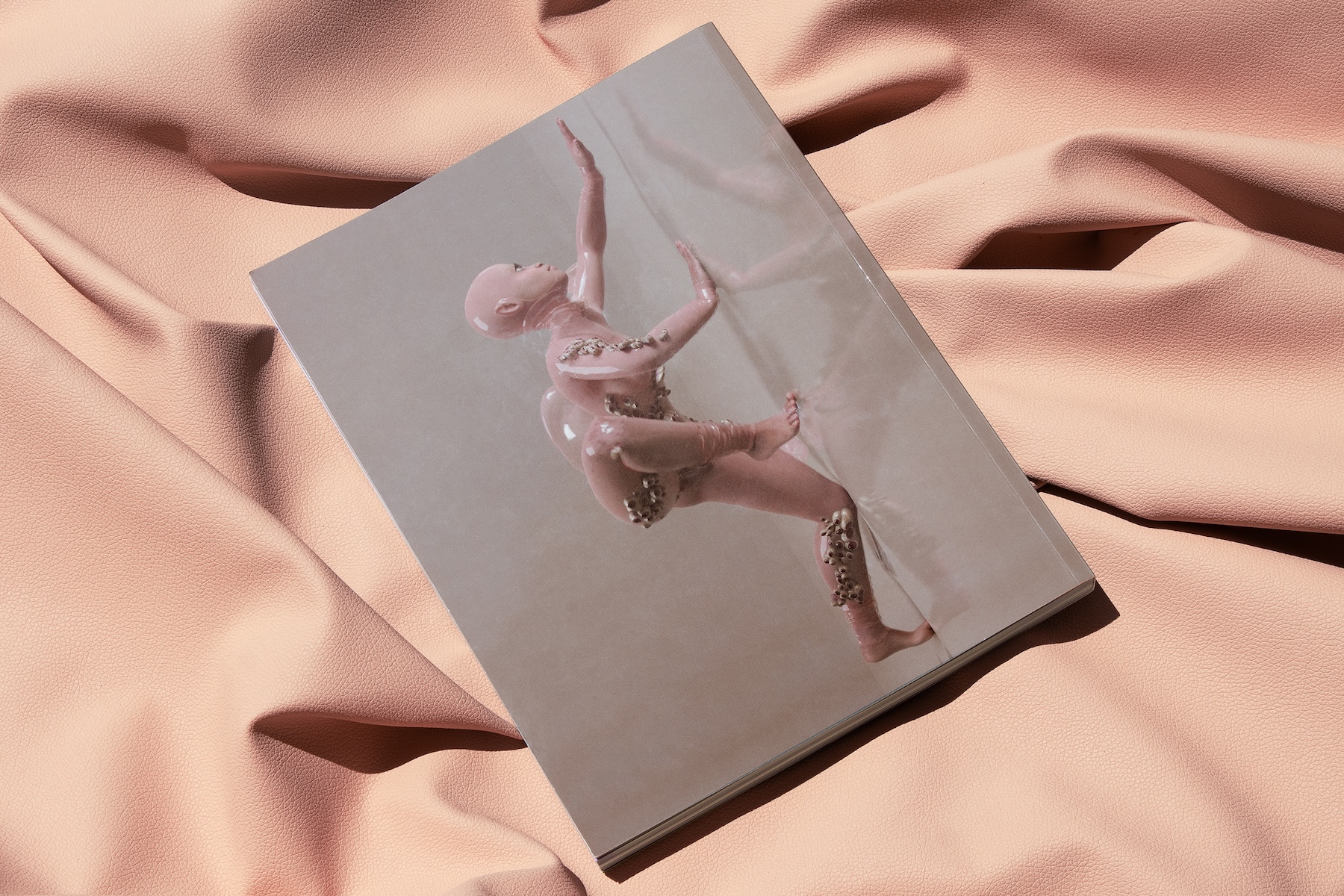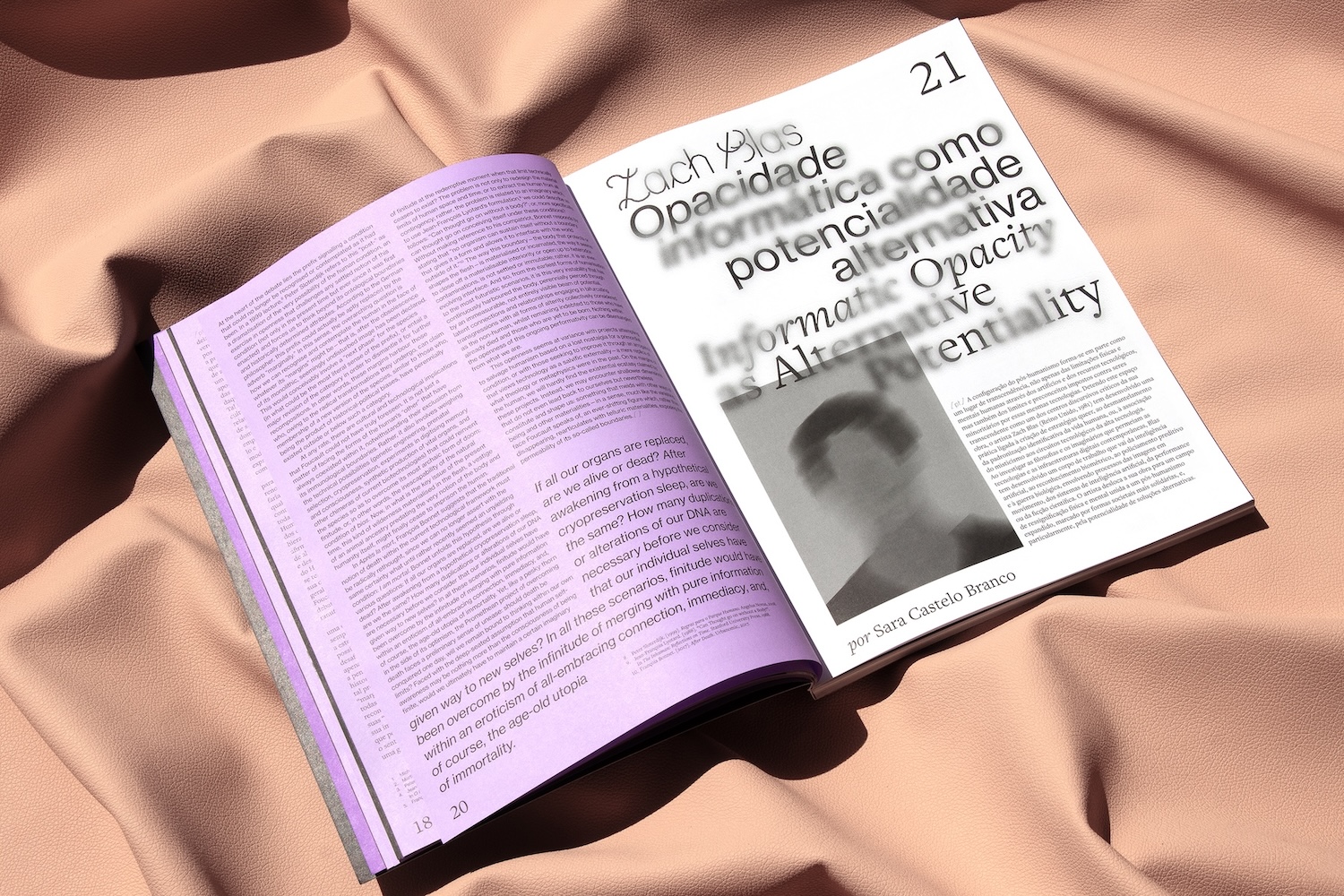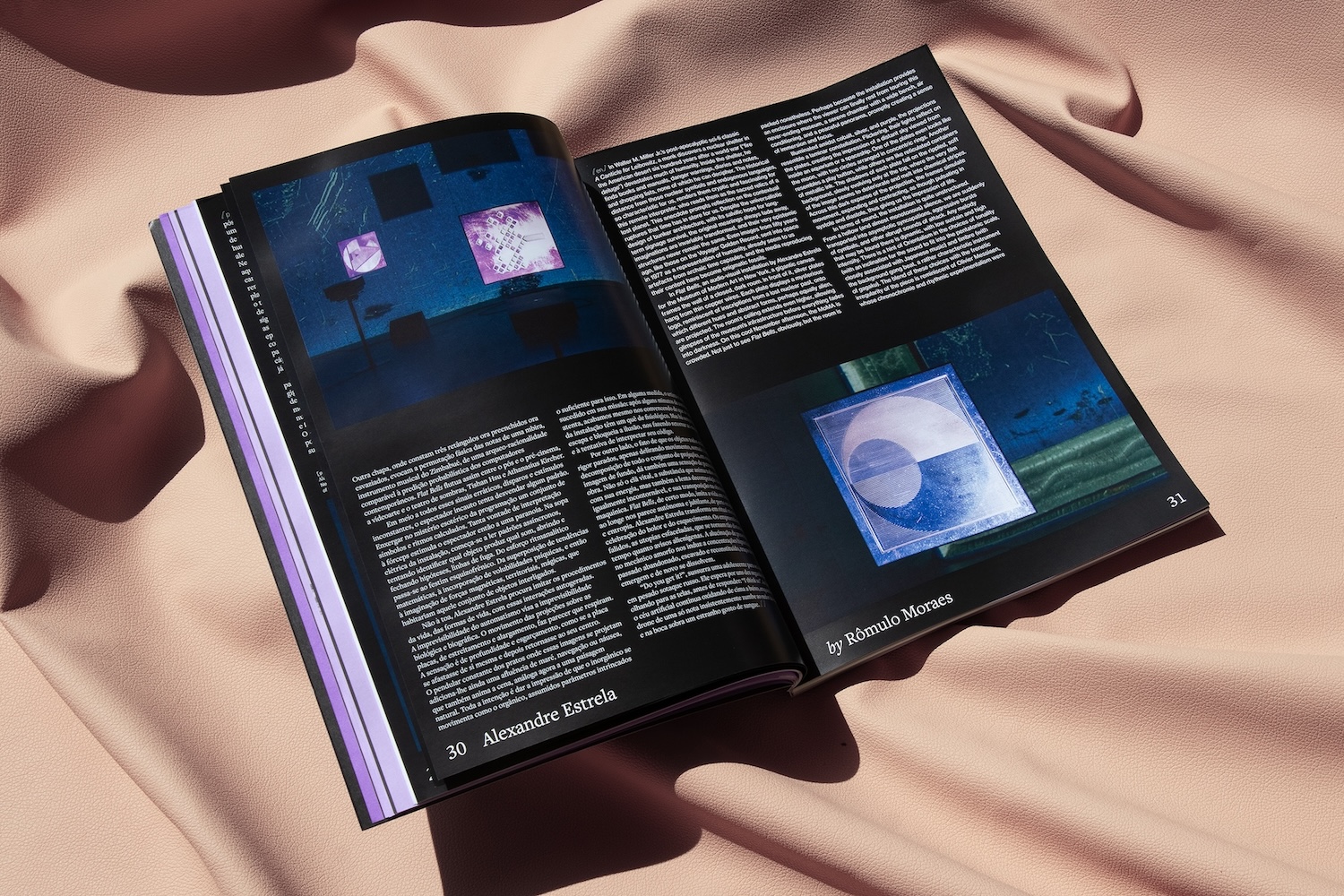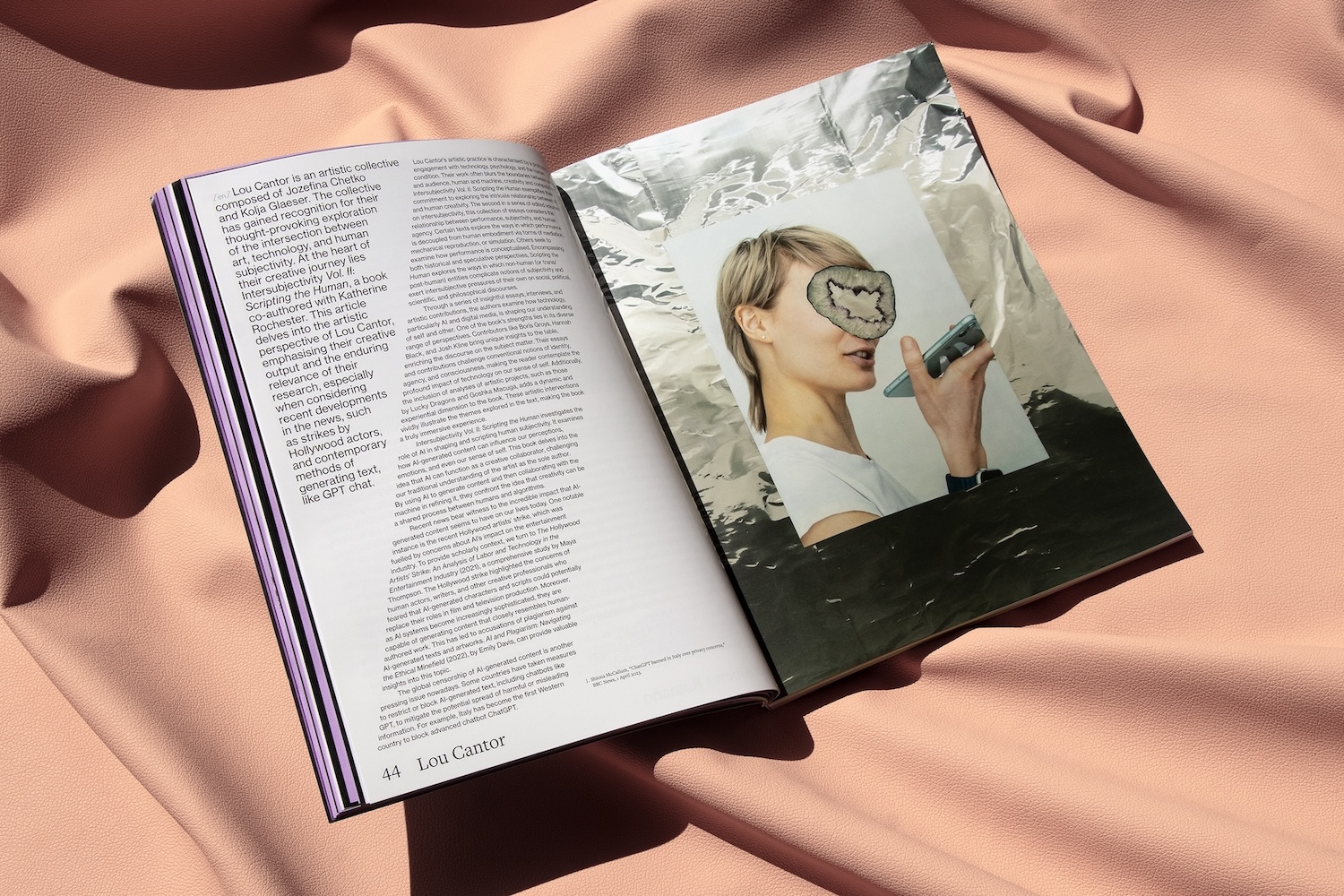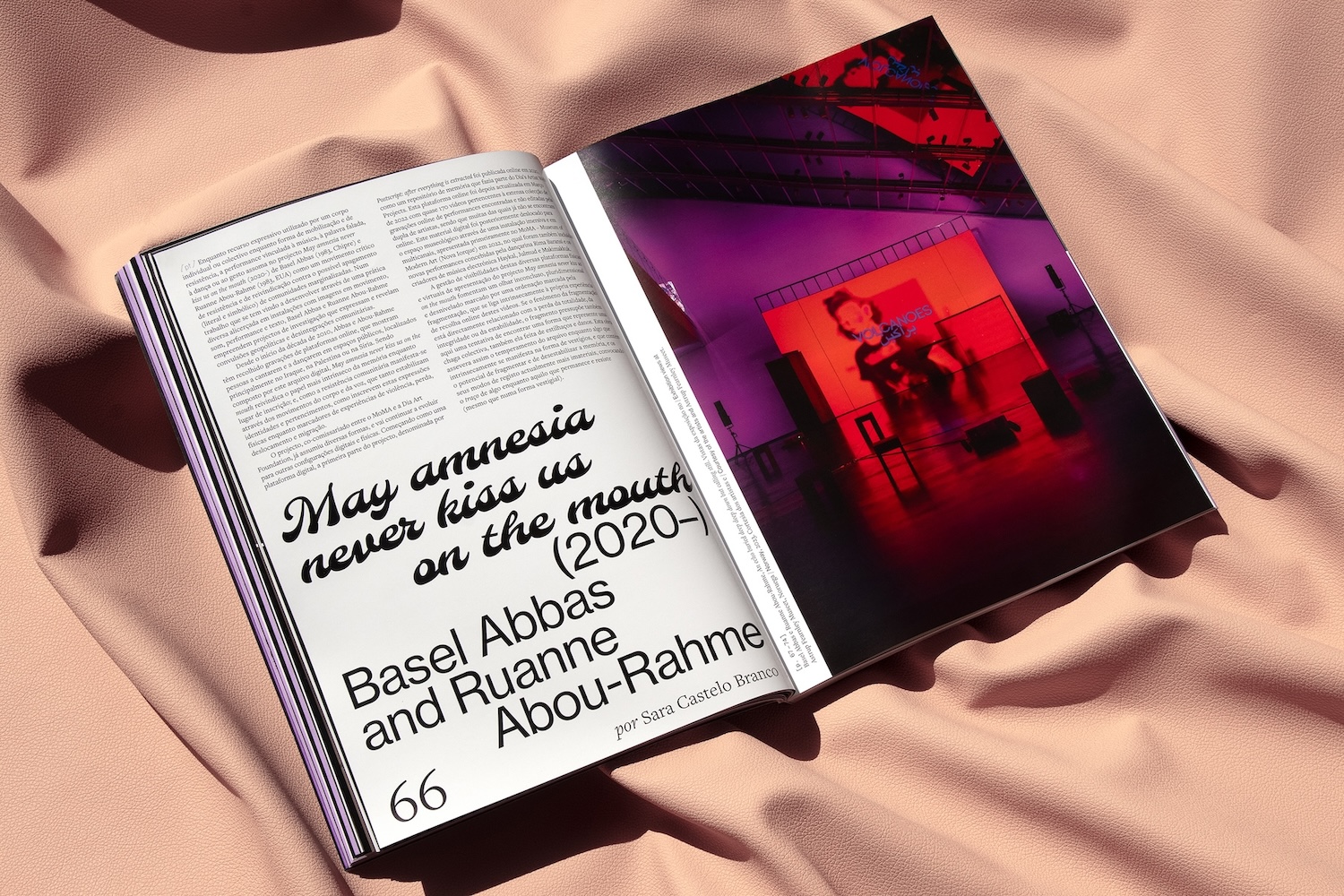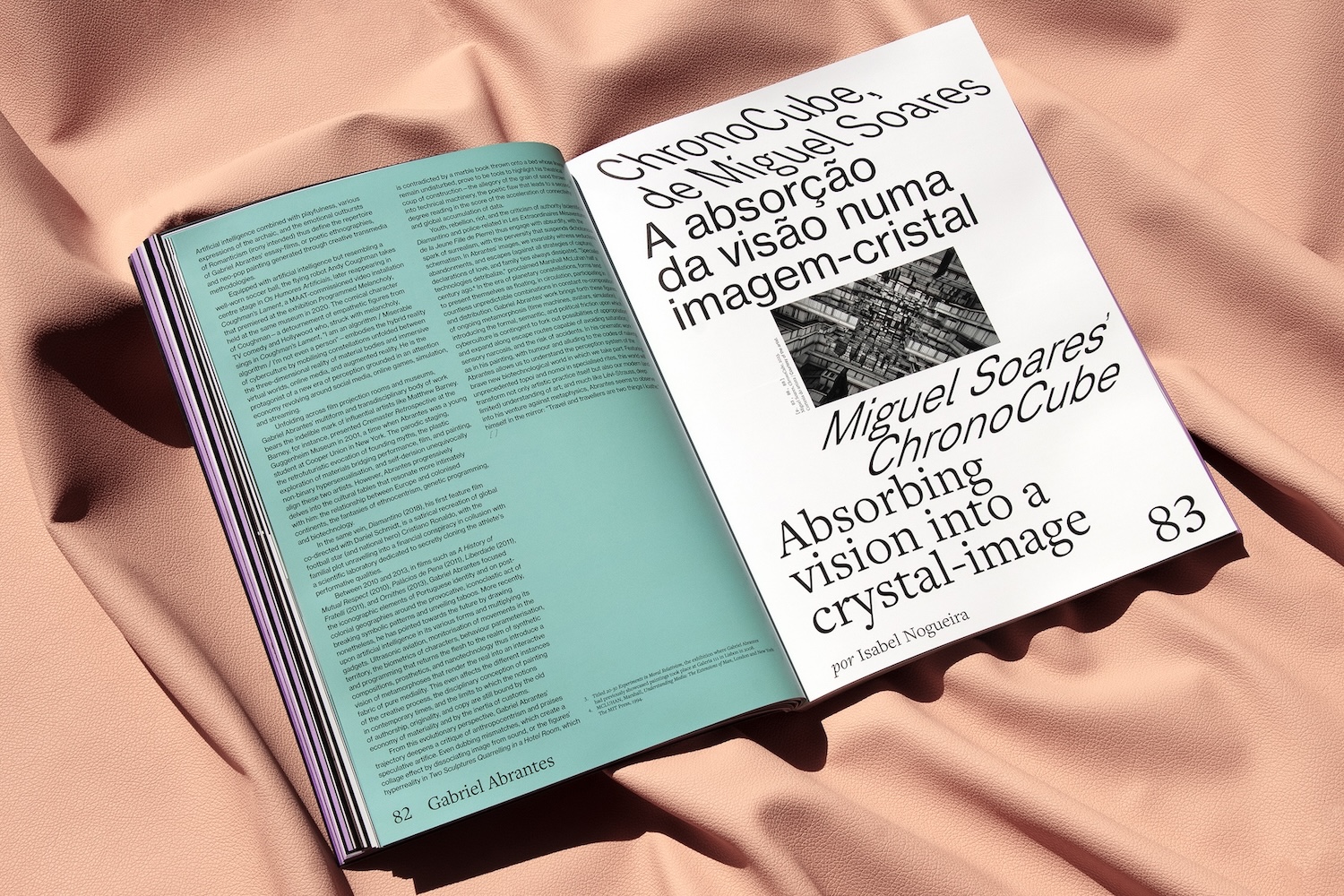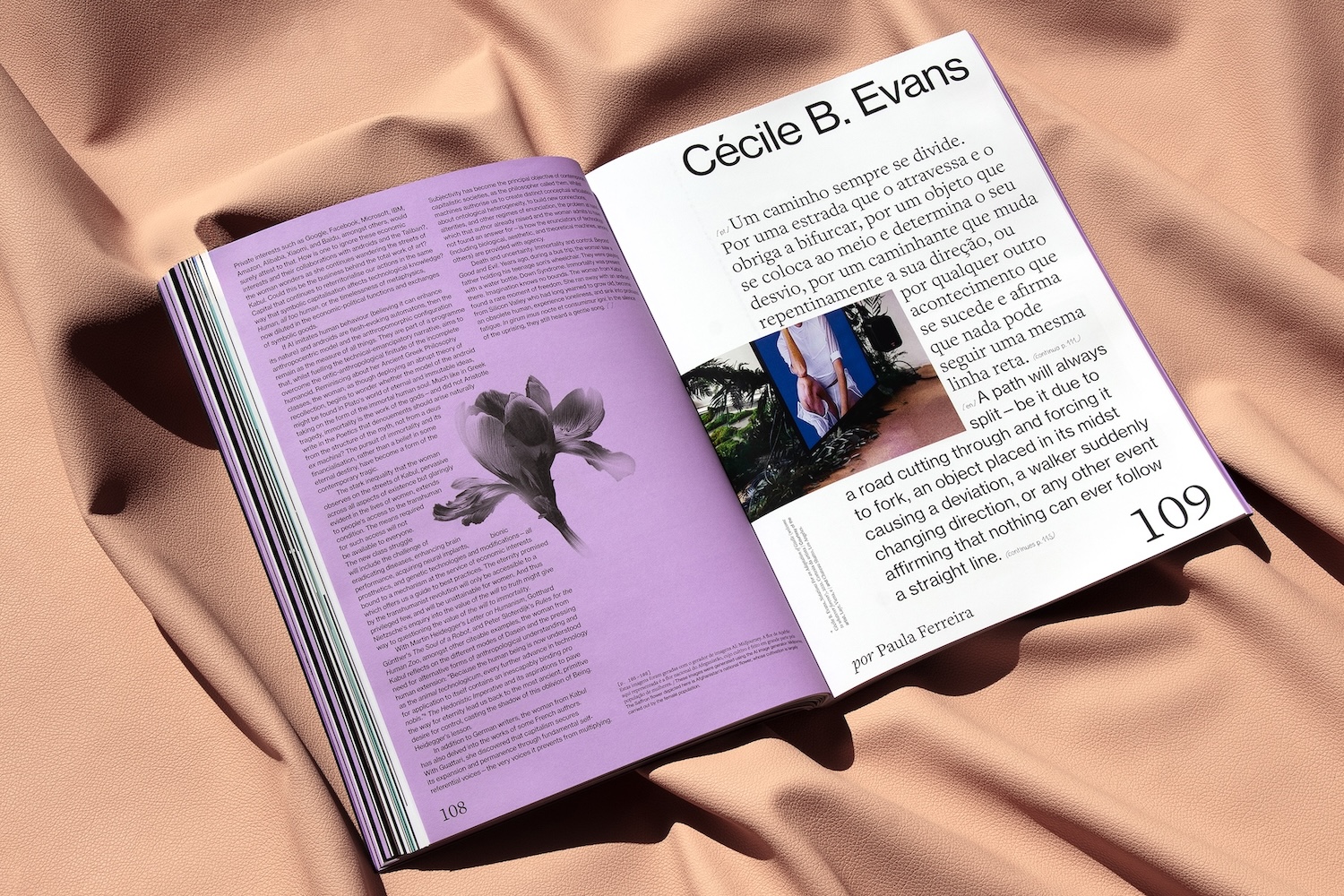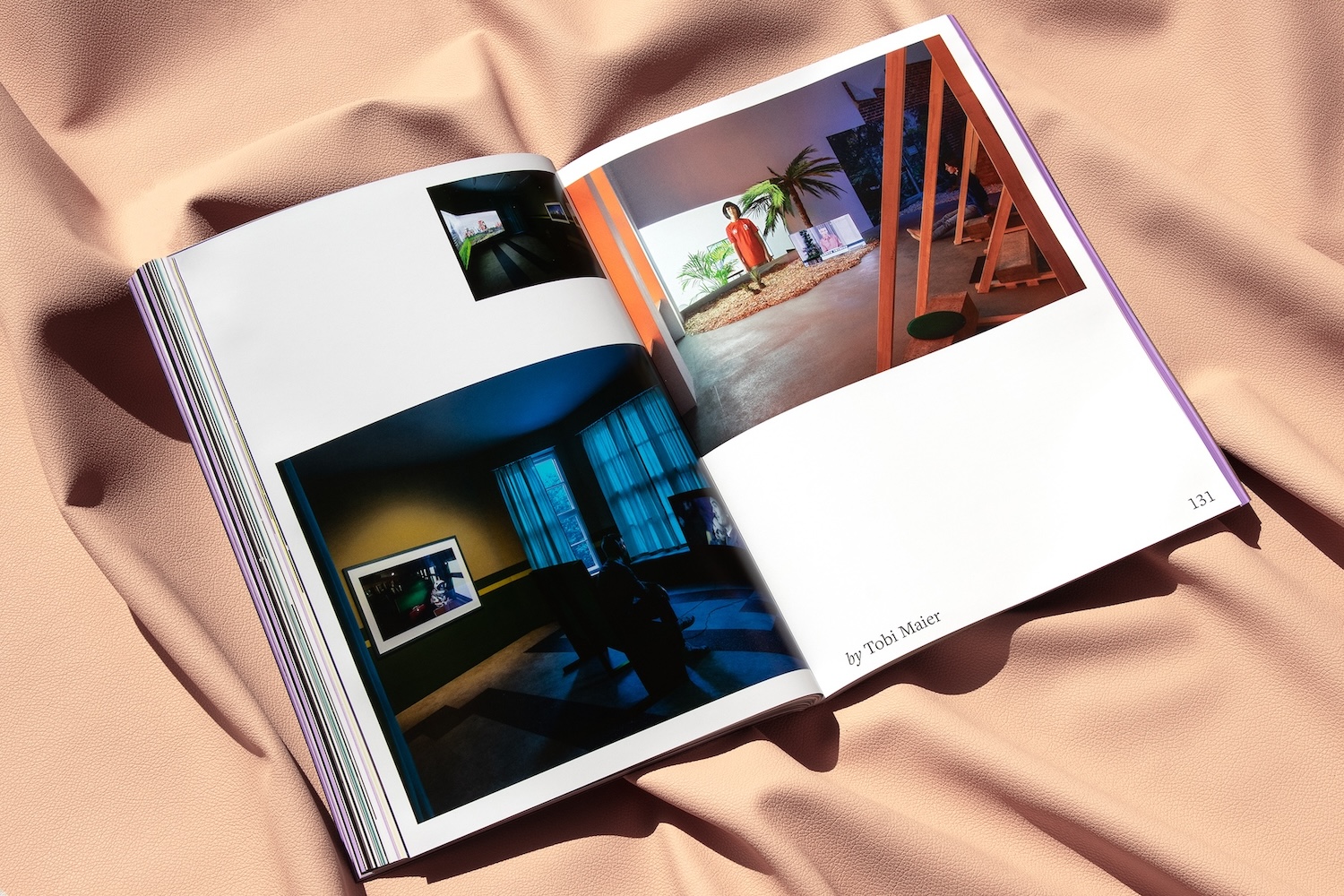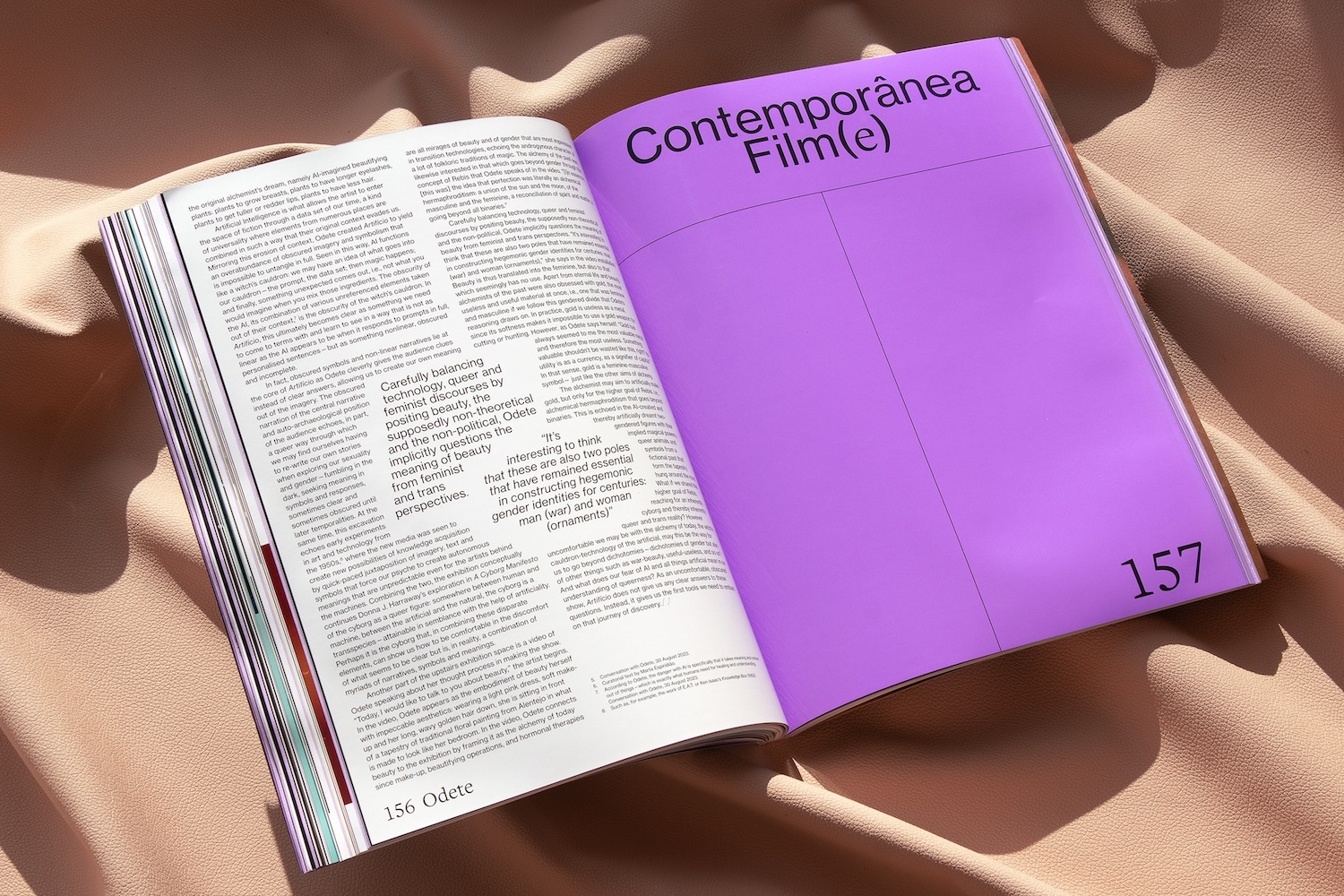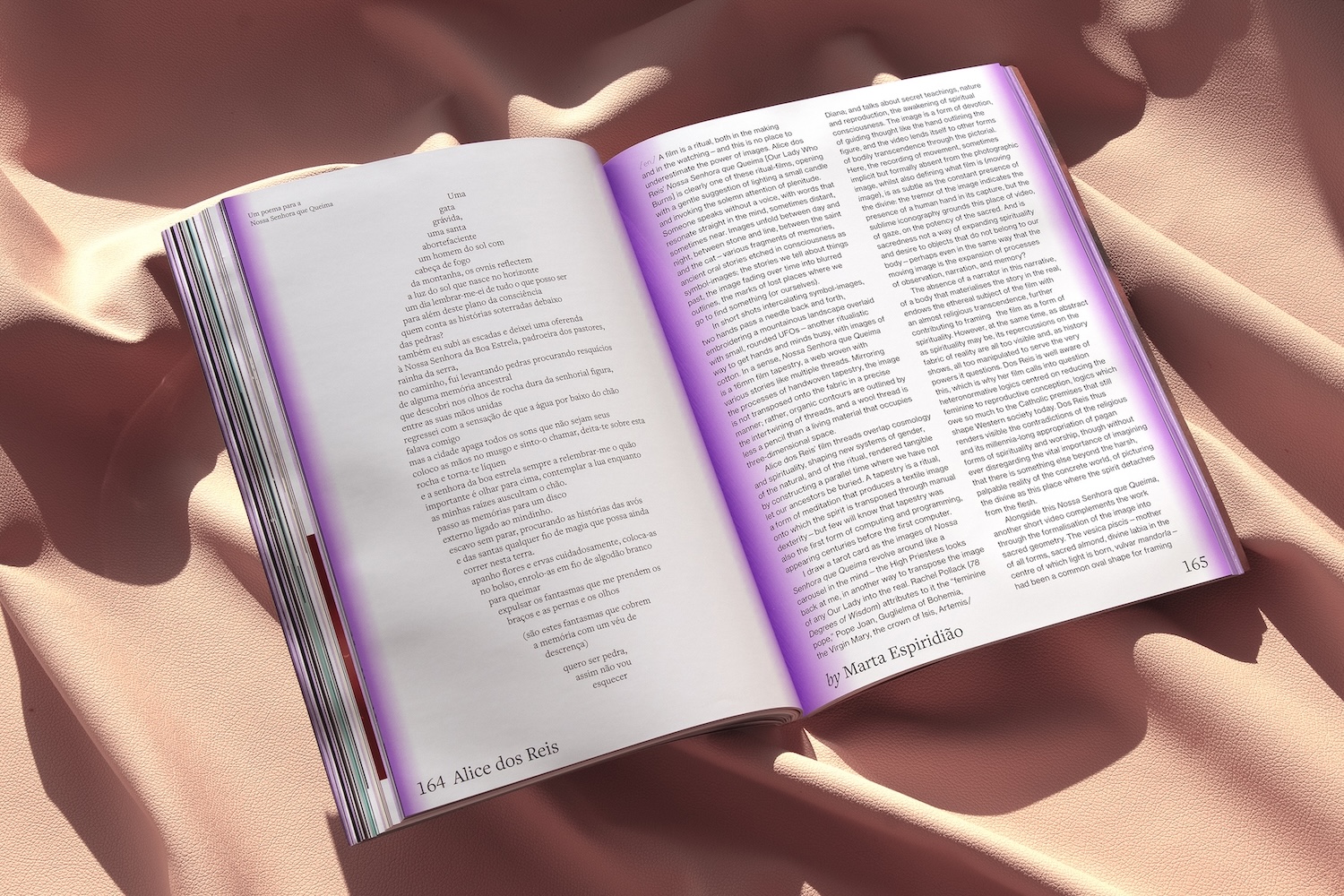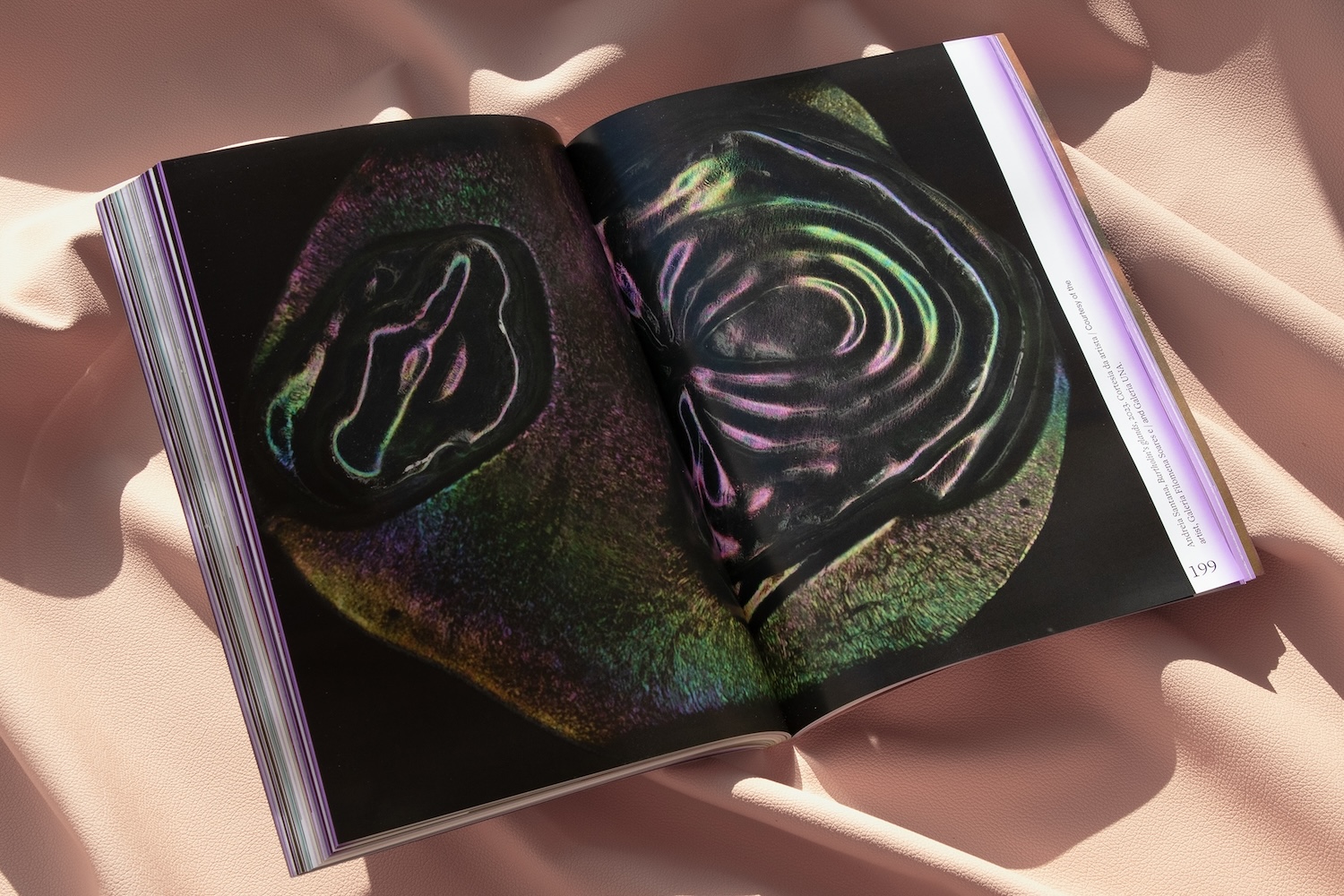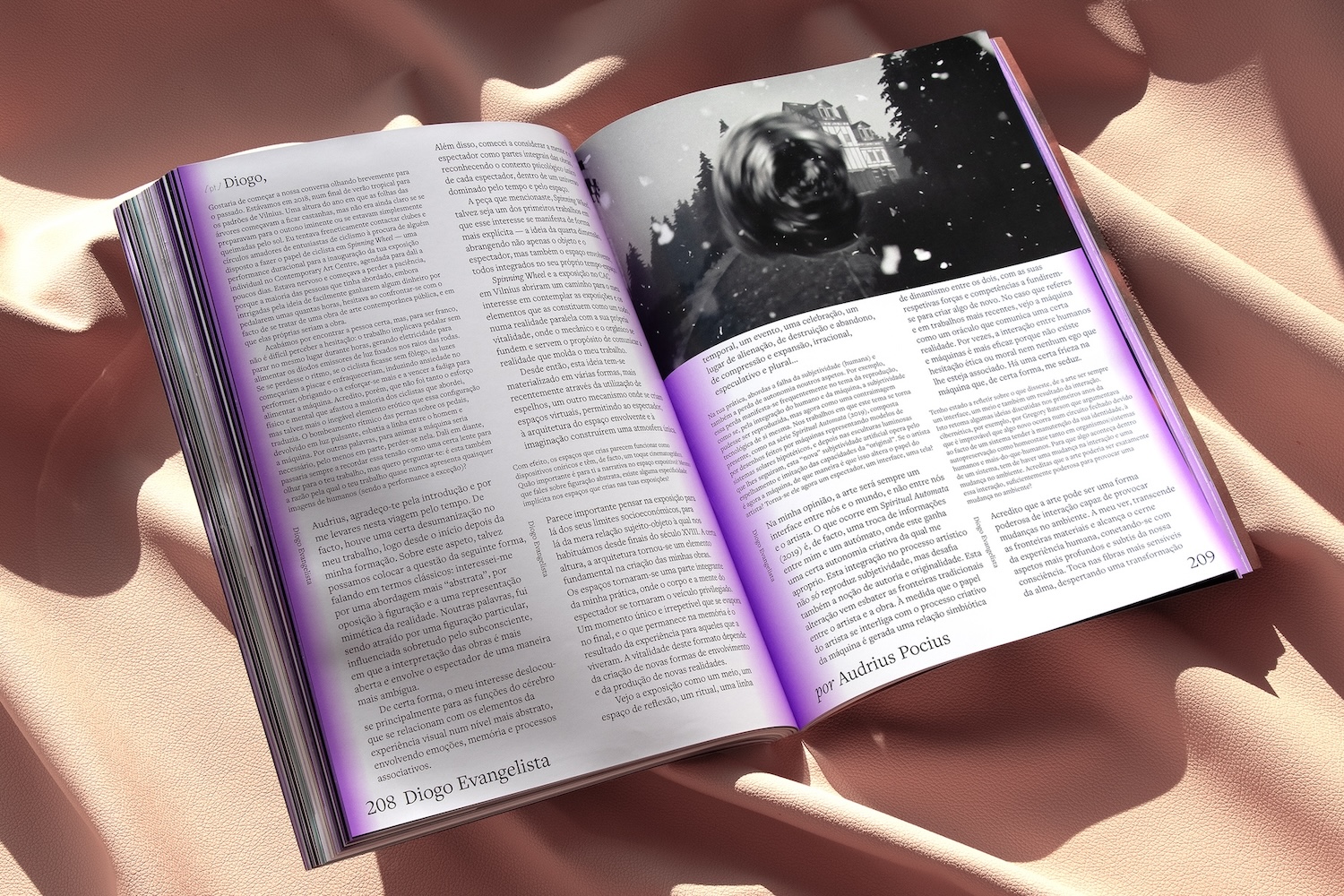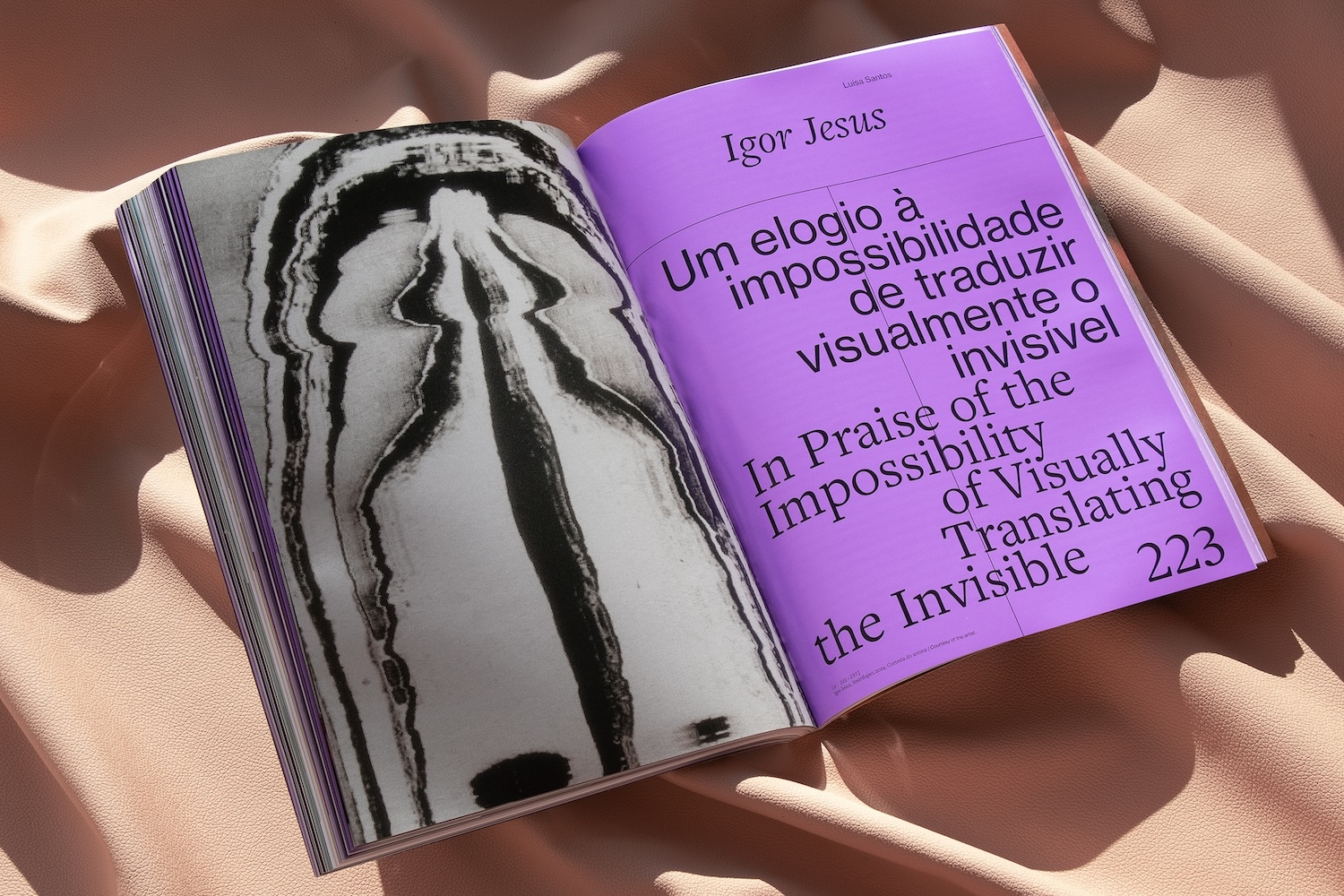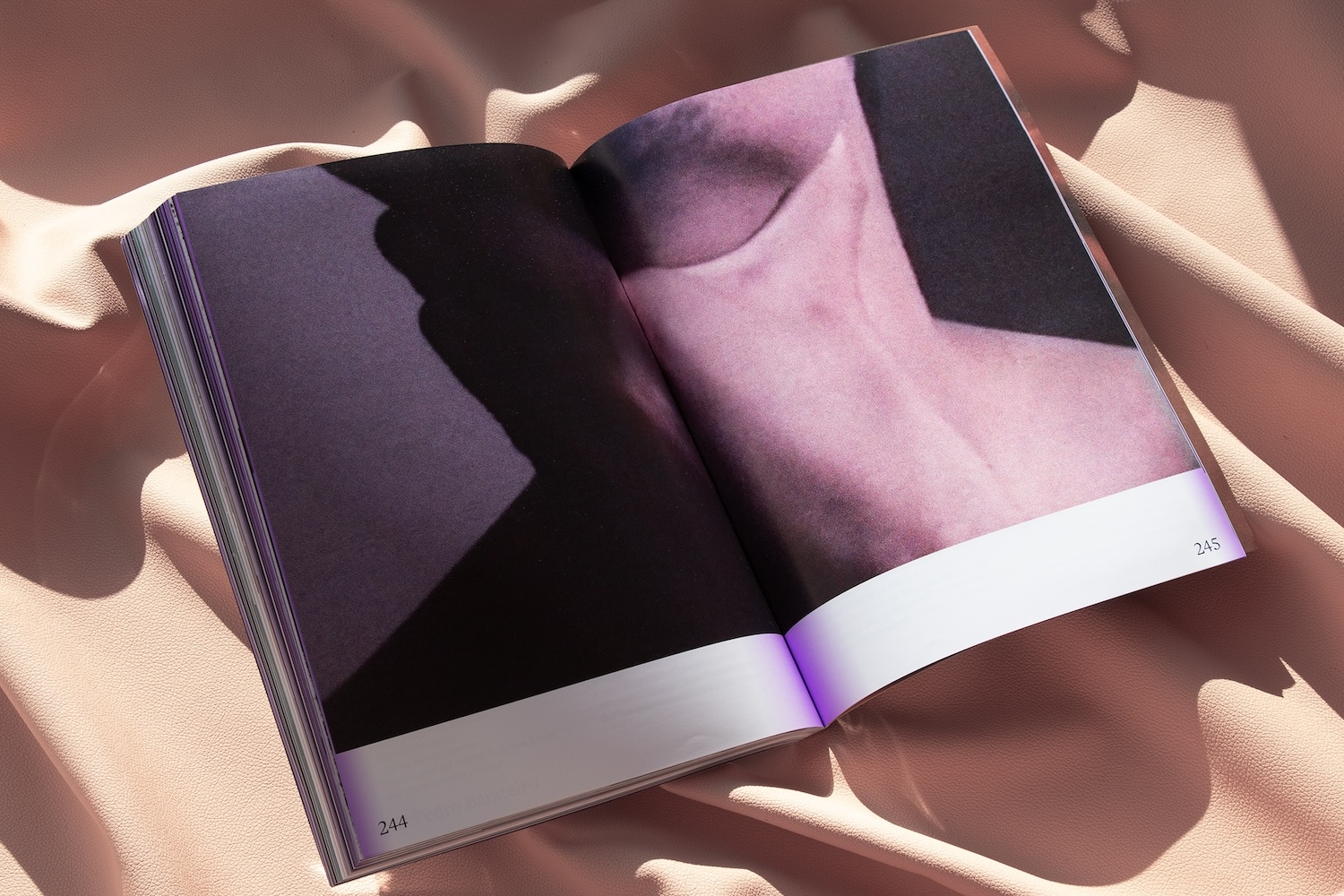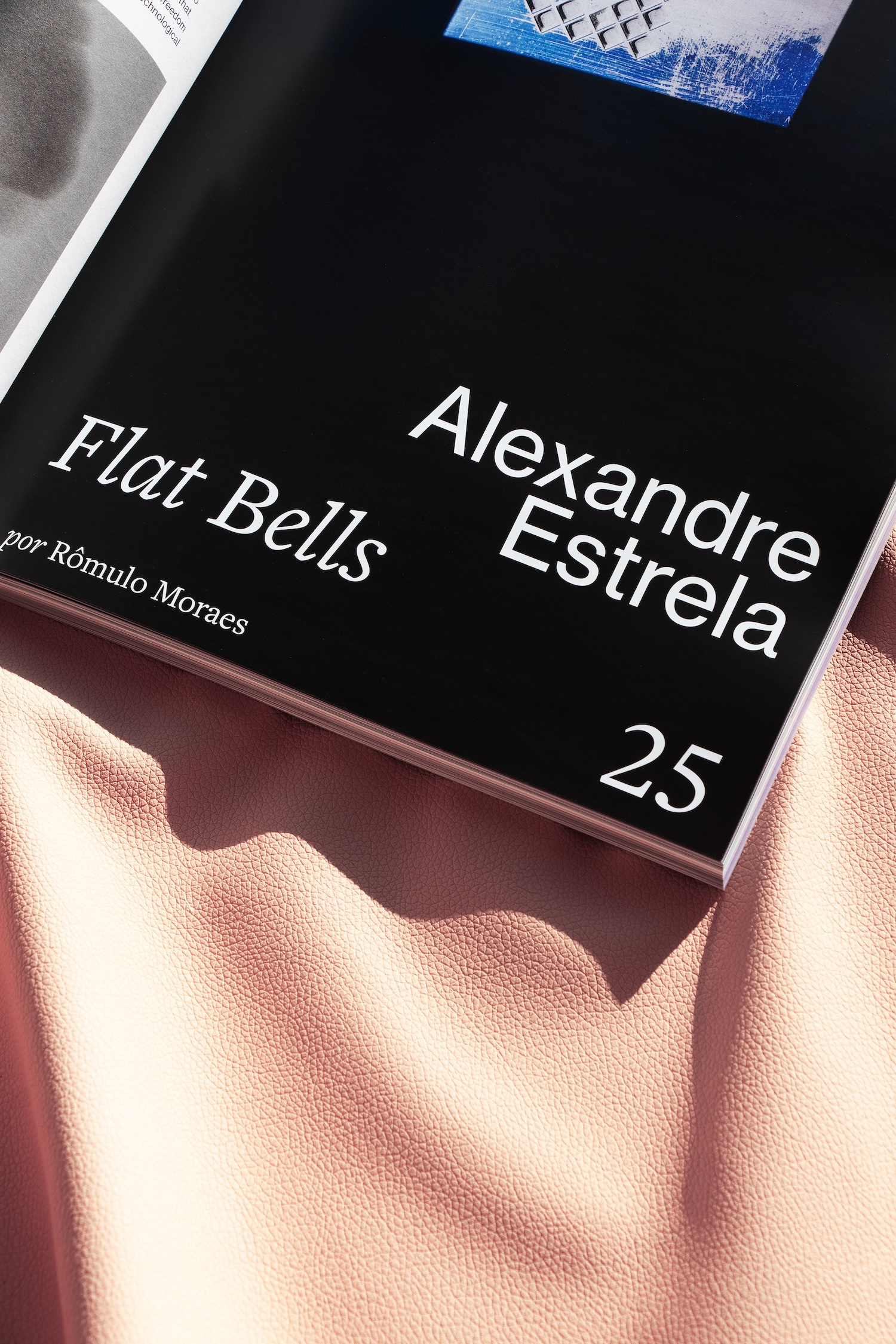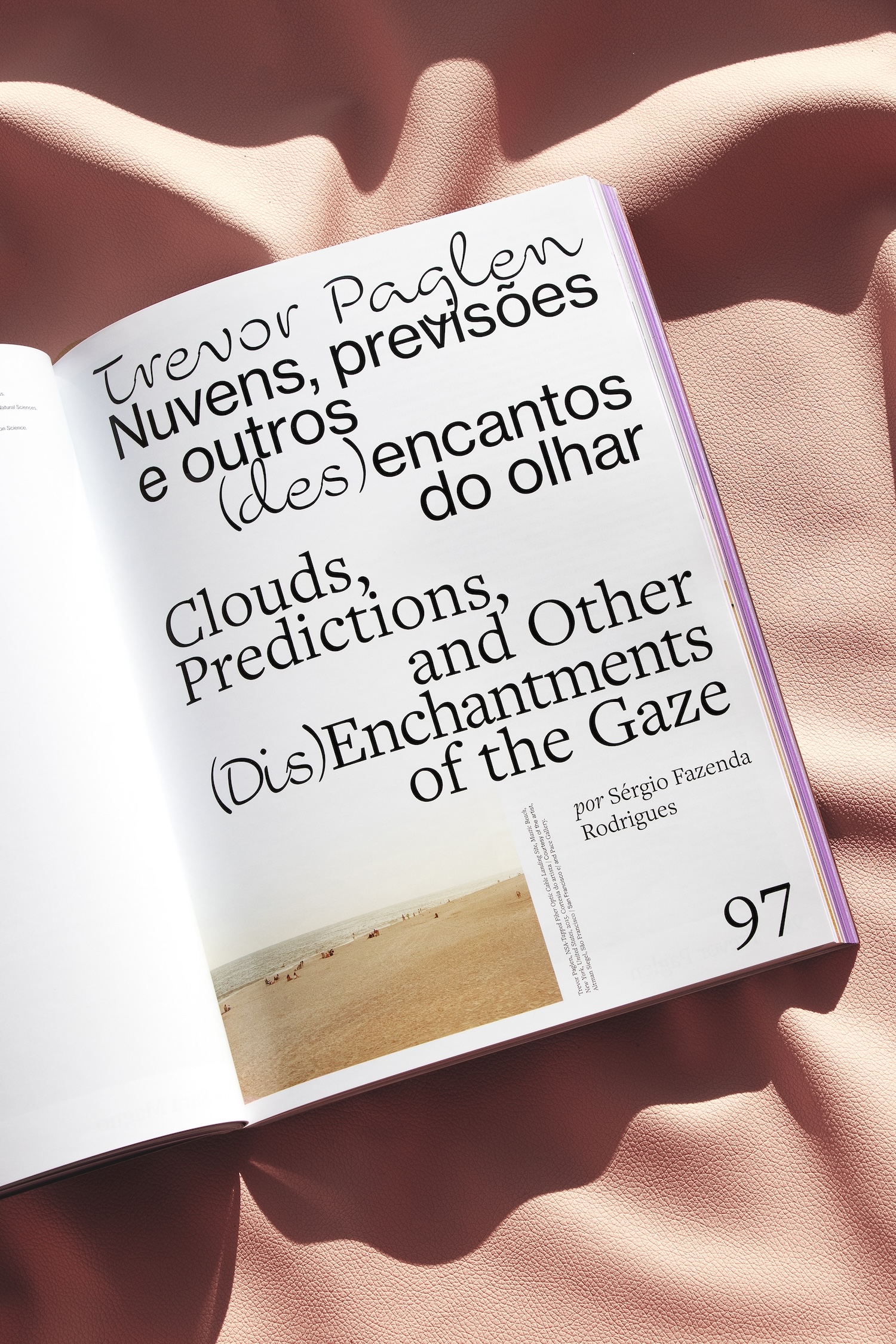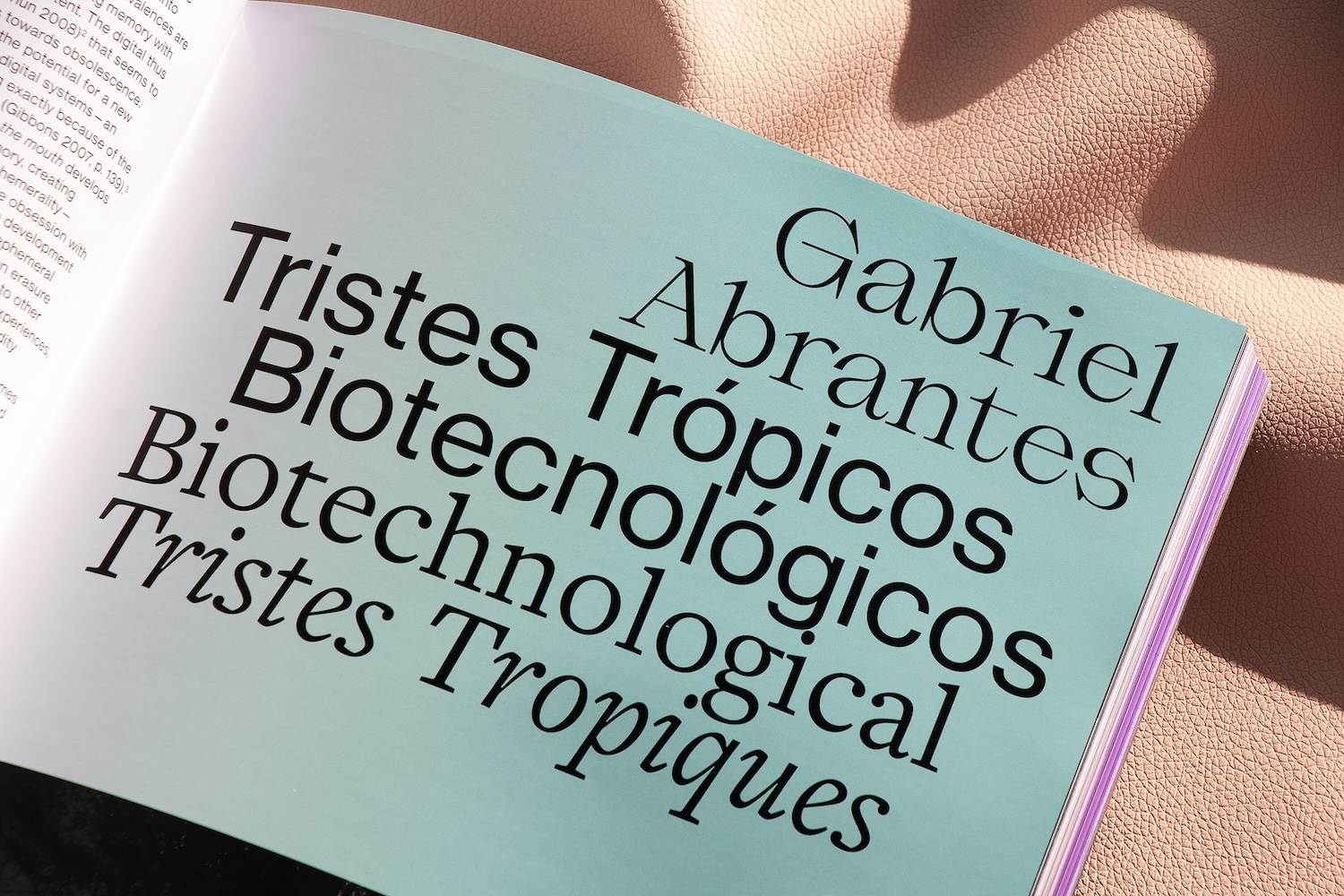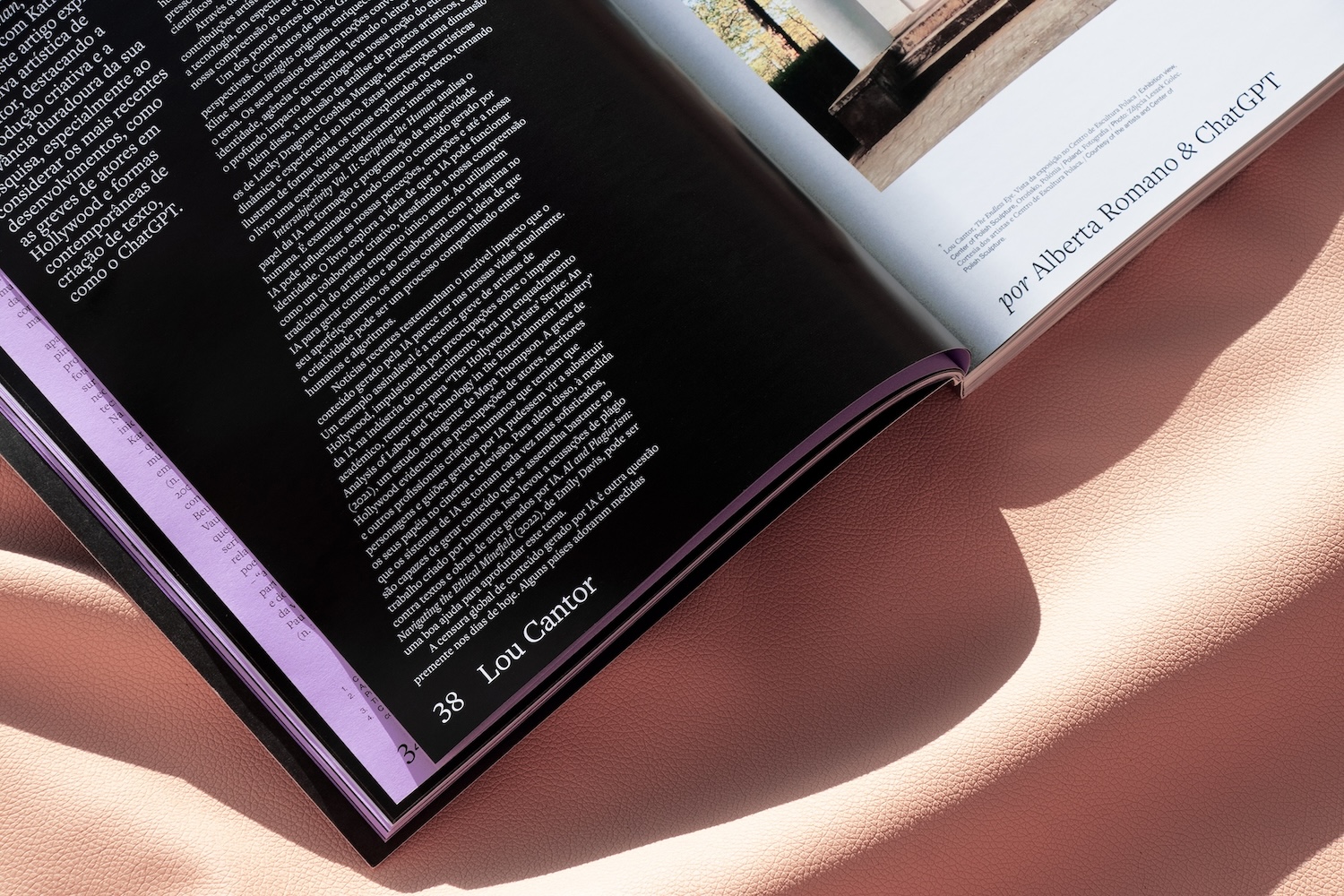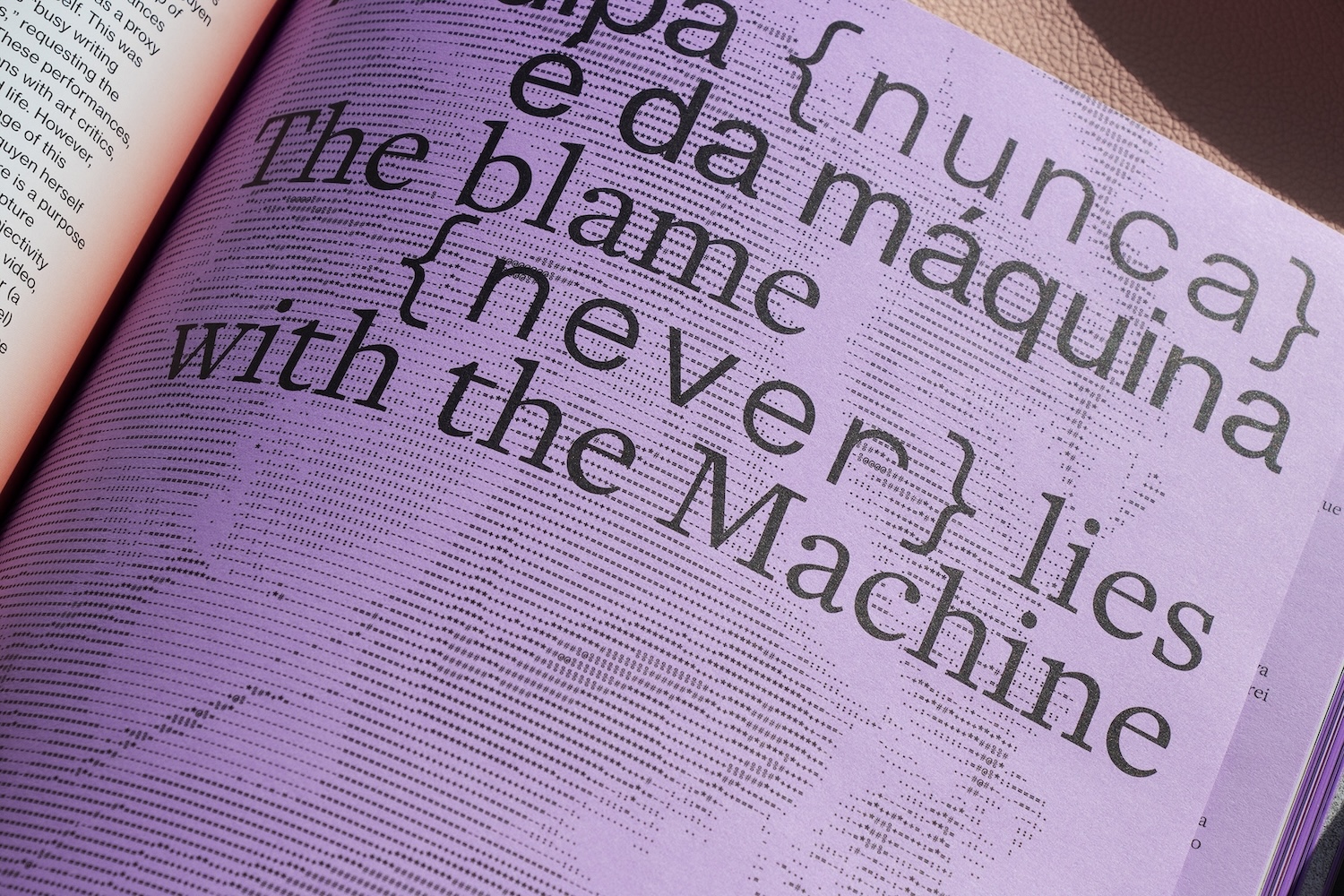more-than-human — perspectives on technology and futurity critically analyse from various perspectives not only the use of technology as a capitalist device and tool but also its impact on human existence. Reflecting on the complex relationship between these two realms, the films explore the interchangeability between the natural and the artificial, the robotic and the organic, and the tensions that arise from these processes.
Over the past two decades, the radical transformation and/or transcendence of the human condition through technology have given rise to profound ethical and philosophical enquiries. From a theoretical standpoint, this involves contemplating the advantages and risks associated with personal identity, emerging forms of otherness, equality and social justice, death and immortality, as well as religion and the meaning of life. From a practical perspective, artificial intelligence and human-machine hybridisation raise ethical concerns pertaining to physical, cognitive, and moral enhancement, as well as issues related to defence and security.
God, human, or more-than-human? A future of technological transcendence through biohacking, cognitive optimisation, and other biomedical technologies aims at overcoming the physical dimension—the expansion and preservation of consciousness into a new biological-artificial body. Technology operates as a promise of omnipresence, omnipotence, and omniscience: in other words, immortality. From science to cosmology, from supernatural and artificial intelligence to science fiction, incorporating critical approaches that go beyond normativity, more-than-human implies a reassessment of our relationship with life. Likewise, it promotes networks of ethics and responsibility, collective forms of knowledge production, and other modes of interpretation and understanding that transcend the boundaries between self and other, human and non-human, organic and technological. In the same vein, it entails a sharing of common concerns, motivations, and challenges, despite any critical or methodological differences that may arise. A future of ecocentric consciousness calls for the end of anthropocentrism, rethinks humanity beyond its supposed centrality, and integrates more-than-human perspectives that recognise an environmentally sustainable and ethically conscious future, incorporating ethical, aesthetic, political, and social issues inherent to the contemporary condition.
Brave New World[1]—technological advancements depicted in certain dystopian and apocalyptic scenarios are linked to political, economic, and social instability. Contemporary technological development seems to embody forms of power and authoritarianism that challenge basic foundations of social organisation, which, like the structuring of interpersonal relationships, is undergoing transformation. We live in a scenario where digital communication and social media shape our existence and offer an opaque mirror of bodyless narcissistic egos. The extent of the manipulation of our data is incalculable, but the production of capital depends on this exchange and circulation of information operating through digital platforms grounded in purely extractive and capitalist values: “Capitalism is a translation machine for producing capital from all kinds of livelihoods, human and not human.”[2] Technology can simultaneously represent the problem and the solution: by considering more-than-human plural narratives, we can create a shared reality, imagining the future now.
— Celina Brás
Artists
Alexandre Estrela; Alice dos Reis; Alison Nguyen; AnaMary Bilbao; Andreia Santana; Basel Abbas and Ruanne Abou-Rahme; Cao Fei; Cécile B. Evans; Diogo Evangelista; Gabriel Abrantes; Igor Jesus; Isadora Neves Marques; Lou Cantor; Miguel Soares; Odete; Pedro Barateiro; Salomé Lamas; Trevor Paglen; Vitória Cribb; Zach Blas.
Authors
Alberta Romano; Alejandra Rosenberg Navarro; Ana Salazar Herrera; Anne Faucheret; Cristina Sanchez-Kozyreva; Eduarda Neves; David Revés; Gabriela Vaz-Pinheiro; Isabel Nogueira, João Sousa Cardoso; Luísa Santos; Manuel Bogalheiro; Maria Kruglyak; Marta Espiridião; Paula Ferreira; Rômulo Moraes, Sara Castelo Branco; Sara Magno; Sérgio Fazenda Rodrigues; Sofia Nunes; Tobi Maier.
Cover
Vitória Cribb, BUGs, 2023. Video Still. Cortesia da artista.
Editor
Celina Brás
Designer
Lisa Moura
Editorial Assistant
Helena Mendoça
Translation EN/PT
Gonçalo Gama Pinto
Translation PT/EN
Diogo Montenegro
Proofreading EN
Diogo Montenegro
Proofreading PT
Madalena Tamen
Photography
Lisa Moura
Print run
500 exemplares
Bilingual
PT/EN
Legal deposit
437216/18
ISBN 978-989-53046-8-4
ISSN (2184-1861)
more-than-human — perspectives on technology and futurity is part of the Contemporânea Film(e) project. Throughout 2024, this project will also feature an exhibition, a film series, and a public programme, in a collaborative proposal spanning various disciplines and institutions.
- Aldous Huxley, Brave New World, 1932.
- Anna Lowenhaupt Tsing, The Mushroom at the End of the World: On the Possibility of Life in Capitalist Ruins, 2015.
